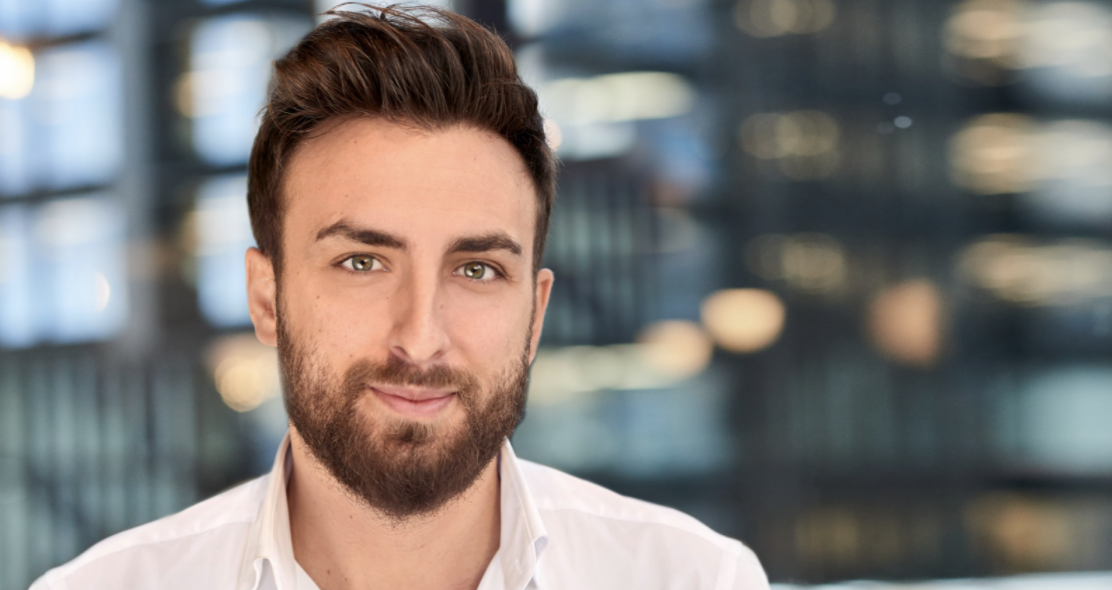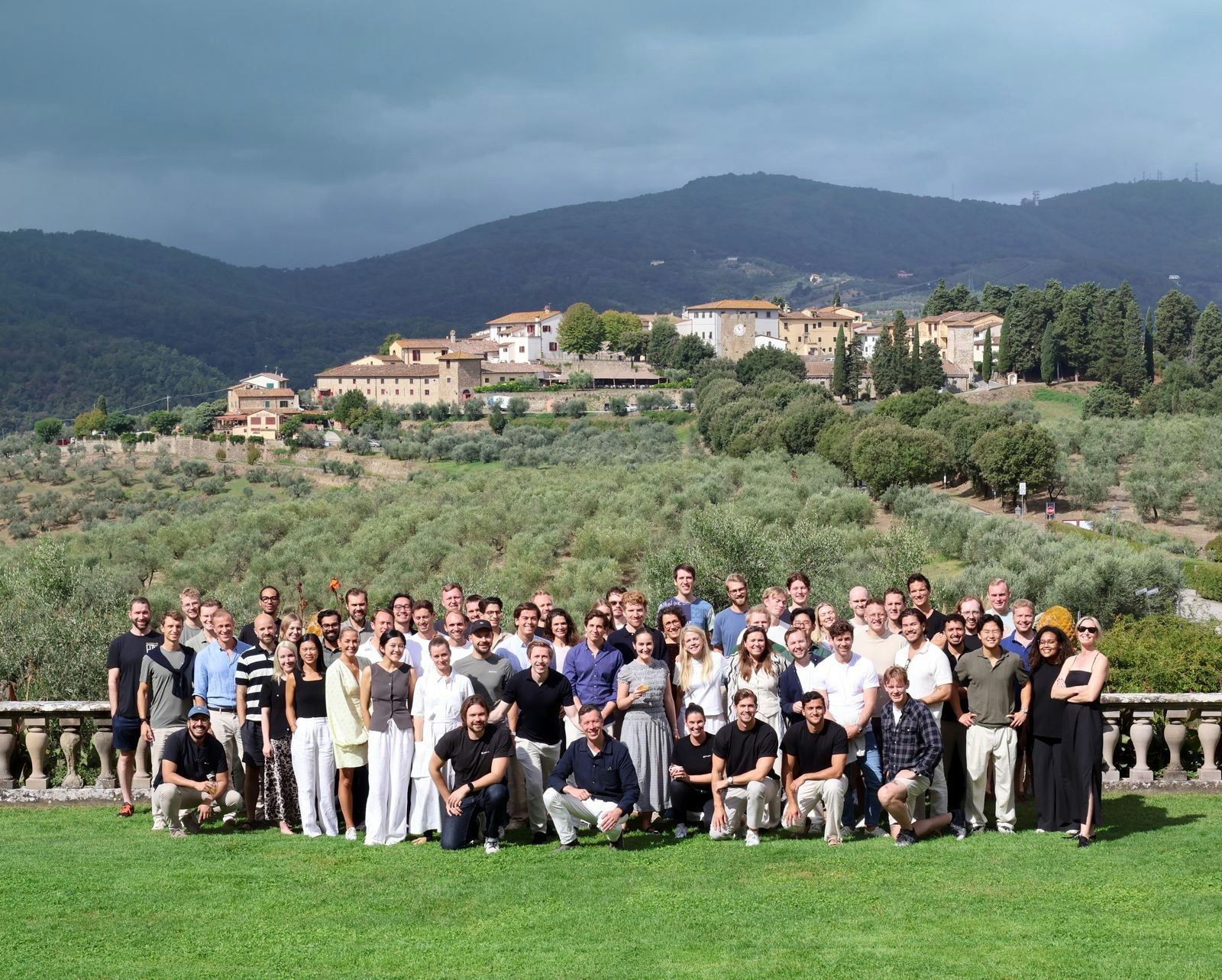Paris-based Kurma Partners, a health and biotech-focused VC that’s part of the Eurazeo Group, is announcing a €140m first close of its new fund.
It says it hopes to hit its target of €250m, which would make it the firm’s biggest fund, sometime in 2025.
Eurazeo is a significant LP in the new fund, alongside government-backed investor Bpifrance — which has pumped billions into the French tech scene in recent years — biotech investor CSL and a number of undisclosed backers.
The new fund — its fourth early-mid-stage biotech vehicle — will look to back startups developing prescription drugs used to treat disease, and is agnostic about exactly what problem they’re looking to solve.
Exit opportunities
The close comes following a resilient couple of years on the European biotech scene. While funding across the region’s tech sector as a whole fell by nearly half between 2021 and 2023, in biotech it fell by just a third.
Some industry watchers point to exit opportunities brought about by big pharma companies trying to find new revenue streams ahead of the approaching “patent cliff” — which will see several revenue-driving drug patents expire — as bolstering investor confidence in the sector.
It’s also increasing LP confidence in biotech funds, says Rémi Droller, managing director at Kurma Partners.
“The encouraging trend of large acquisitions (and thus returns) is attracting LPs to the biotech sector,” he tells Sifted. “Acquisitions will continue to drive interest in the sector, however it’s very selective, as risk in the industry remains high and the number of specialist healthcare VCs who have demonstrated their ability to succeed is limited.”
Kurma has already seen exits from its third biotech fund — which closed at €160m in 2018.
Earlier this year, France-based Amolyt Pharma, which is developing treatment for rare endocrine disorders, was acquired by pharma giant Astrazeneca in an $800m deal — rising to $1.05bn if certain milestones are hit.
“We also continue to see big pharma’s interest in late-stage clinical development projects,” says Droller.
German cancer treatment development startup Emergence Therapeutics was acquired by Eli Lilly in 2023 for an undisclosed sum and France’s Corlieve Therapeutics, which is developing treatments for neurological diseases, was bought by Dutch biotech UniQure in 2021.
Creating companies
Kurma will invest in 16-20 startups from its new fund — mostly in Europe — writing tickets of €10m-20m. Half of those investments will be into companies Kurma has created itself. Since it was launched the firm has created 20 companies from scratch.
That’s done by “identifying groundbreaking science with high commercial potential in academia,” says Droller — adding that this has been the case for roughly one third of the companies the investor has backed so far.
It’s already made three investments from the fund, participating in autoimmune disease treatment company SciRhom’s €63m Series A, a €37m round for cancer immunotherapeutics company Avidicure and cancer and viral infection startup Memo Therapeutics’ €21m Series C extension.
Alongside its biotech vehicles, Kurma also manages smaller funds investing in diagnostics, and a €170m growth fund.



